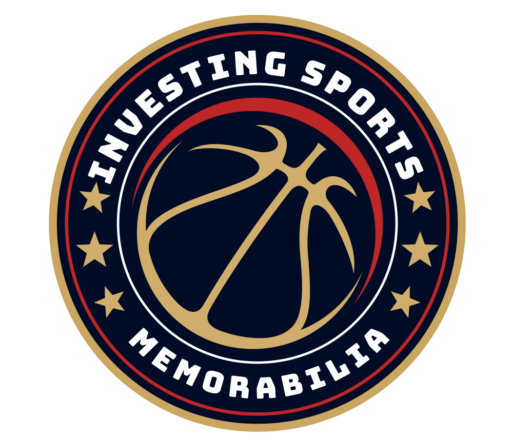Sports memorabilia serves as a remarkable means of establishing a personal connection with sports idols. Moreover, it holds significant value as an asset, boasting high potential for returns and displaying a low correlation to assets like the stock market. Recent high-profile sales, such as the Luka Doncic rookie card and the LeBron James rookie card, fetching $4.6 million and $5.2 million respectively, have underscored the need for authenticating these items.
However, with the rise of eCommerce platforms for sports memorabilia trading and a staggering 142% surge in sports card trades in 2020, the risk of encountering forged Certificates of Authenticity (COAs) has become more prevalent than ever before.
Fortunately, technology offers a solution. Let’s explore how the new generation of technology-enhanced COAs can provide evidence of sports memorabilia authenticity.
What is a Sports Memorabilia Certificate of Authenticity? A sports memorabilia Certificate of Authenticity is a document that accompanies collectibles and valuable items, providing proof of their authenticity and originality. Traditionally, COAs were paper documents resembling ID cards, containing essential information about the product, such as provenance, serial number, manufacturing date, and specifics like whether it is a limited edition.
COAs play a vital role in verifying the authenticity of sports memorabilia and establishing the value of an item when the current owner decides to sell or trade their collectible.
How Do COAs Certify Authentic Sports Memorabilia? Historically, COAs consisted of paper cards typically shipped or packaged with the associated sports memorabilia item. However, with the advent of eCommerce marketplaces and technological advancements, these traditional COAs have become susceptible to forgery or replication.
This is where new authentication solutions come into play.
Modern COAs incorporate multiple authentication features, including holograms, passwords, and cryptography. Furthermore, next-generation COAs leverage technologies such as blockchain infrastructures, Smart Contracts, NFC, RFID, NFT, and IoT to enhance security and efficiency.
How Can You Obtain a Certificate of Authenticity for Sports Memorabilia? Acquiring a certificate of authenticity for sports memorabilia is not always straightforward. Typically, buyers looking to invest in an authentic item receive the COA along with their purchase. These COAs are essential for determining the item’s value when selling or trading and should be sold together with the associated item.
However, what should you do if you possess a piece of sports memorabilia without a COA?
A viable option to enhance its value and ensure a fair price upon sale is to collaborate with specialized authentication agencies. Depending on the type of item you wish to authenticate, partnering with organizations like PSA, Beckett Authentication Services, KSA Certification, or JSA Authentication Services may be advisable.
How Can You Verify the Authenticity of a Certificate of Authenticity for Sports Memorabilia? Certificates of Authenticity can differ from one another and may even be branded or customized for specific items. Nevertheless, they include crucial information describing the associated item.
Typically, COAs present a summary of the item’s transaction history, production date, authenticator’s signature, and the stamp of the authentication agency that issued the document. Other critical information to look for in an authentic COA comprises the item’s serial number and a unique hologram.
But how can you be certain that your COA is genuine? Particularly if you are new to sports memorabilia investments, distinguishing an original COA from a counterfeit can be challenging.
Here are a few key indicators to look for in a Certificate of Authenticity related to a sports memorabilia item:
- Check the stamp of the authentication company: Research the organization that issued the COA and ensure its reputation as a reputable authentication company.
- Compare with other industry COAs: Familiarize yourself with what COAs for sports memorabilia should typically look


